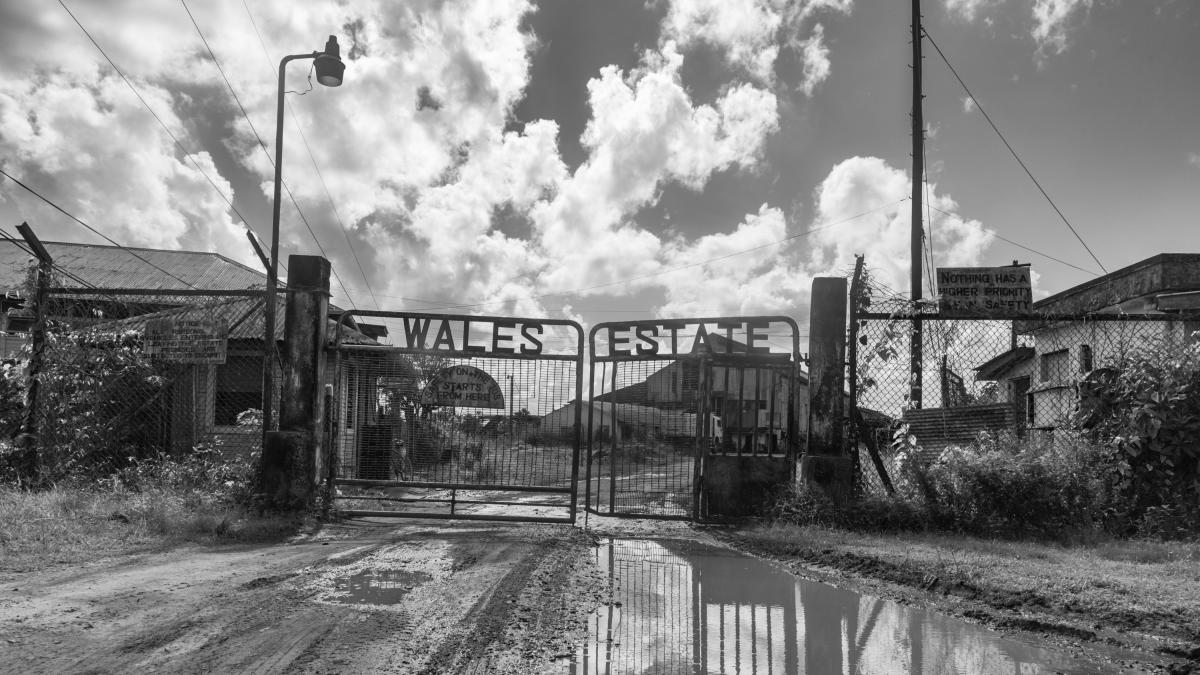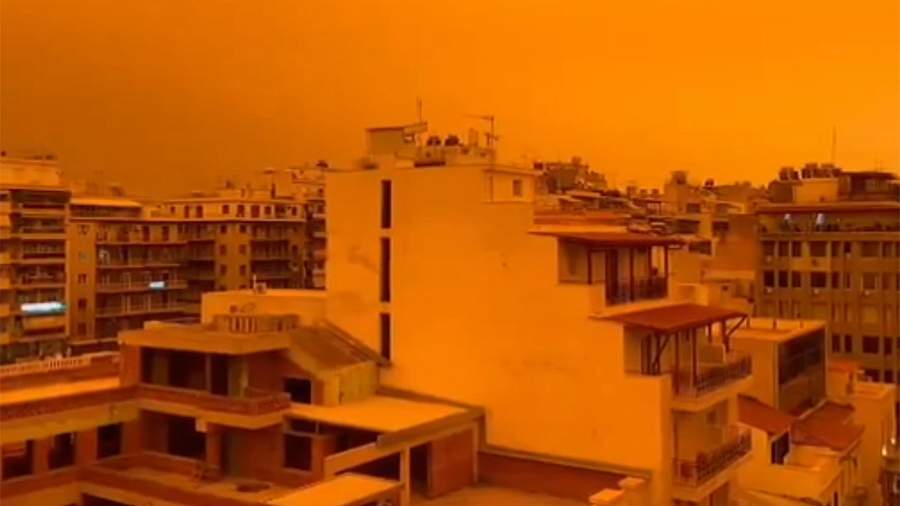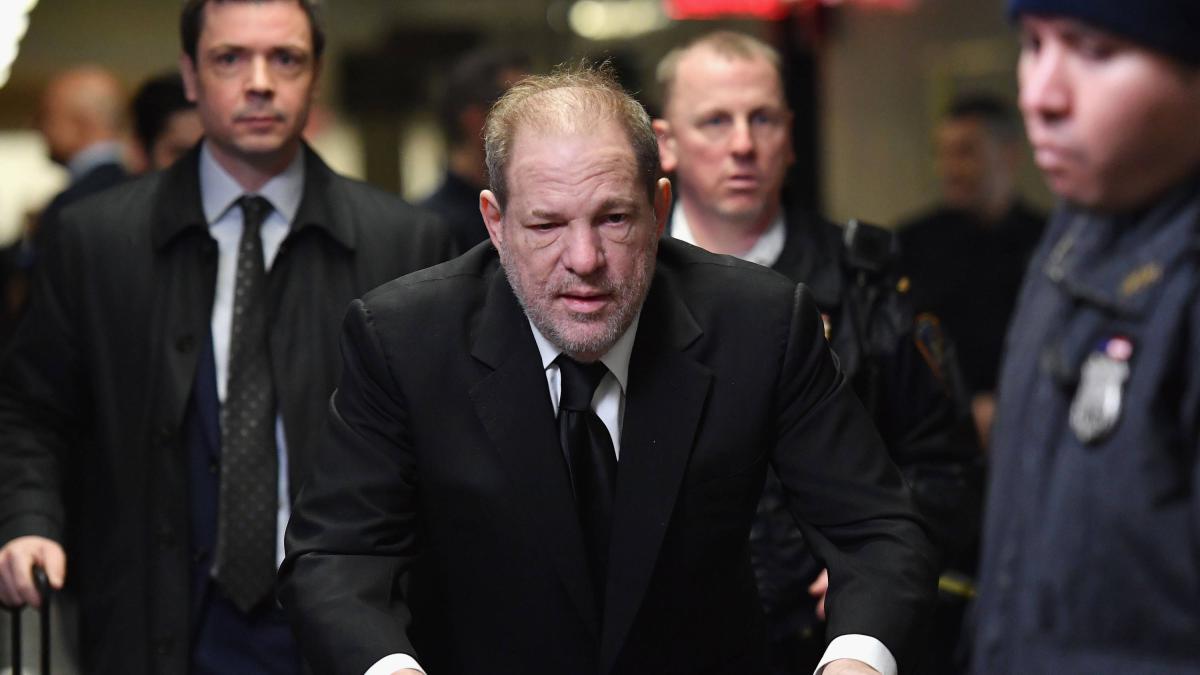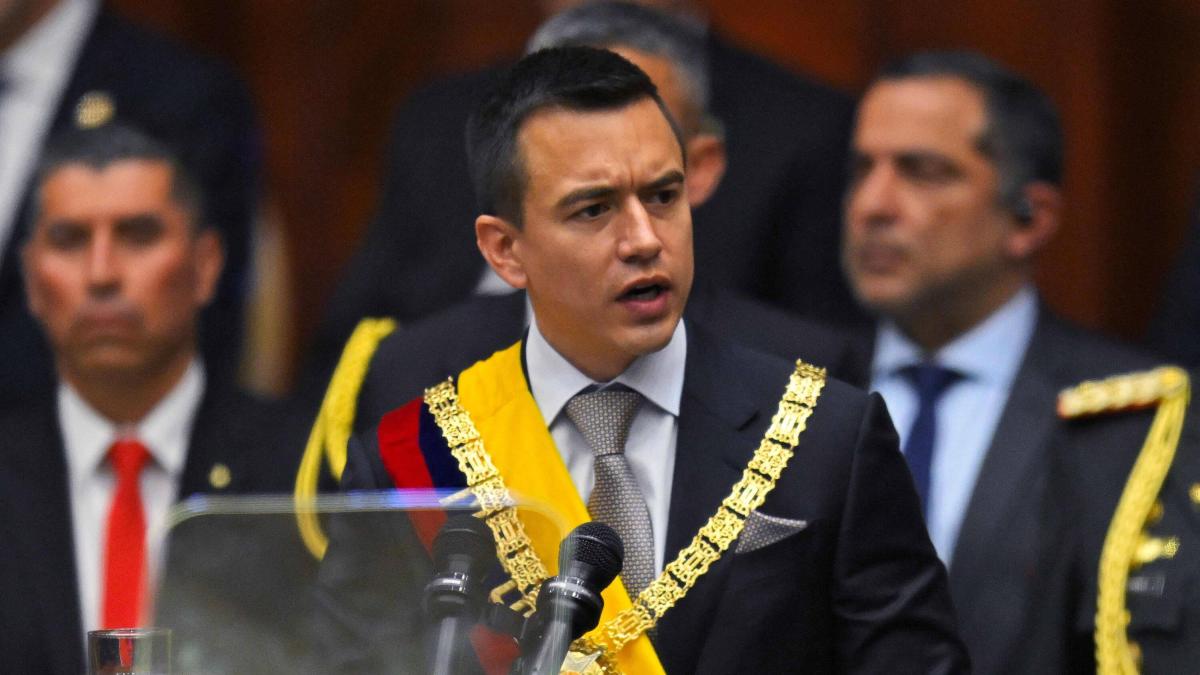Russia unloaded a barrage of missiles in Ukraine on Tuesday, leaving more than seven million homes without power and causing blackouts in neighboring Moldova.
The government of Poland, a NATO country, has called an emergency meeting of its National Security Council, following the publication of reports of Russian missile strikes near its border with Ukraine. Hungary also convened its Defense Council.
In the United States, the Pentagon spokesman indicated that he was “aware of press reports that say that two Russian missiles hit inside Poland or on the border with Ukraine“, specifying that until now it lacked elements “to corroborate that there was a missile attack.” NATO also indicated that it “investigates” these reports.
(Also: NATO analyzes explosion in Poland and asks that the facts be ‘established’)
Russia called those reports “intentional provocation seeking an escalation of the situation”.
Ukrainian President Volodimir Zelensky, who has been urging more Western aid, instead accused Moscow of causing a “very significant escalation” of the conflict by bombing Poland.
(See also: Two kyiv residential buildings were attacked by Russian missiles: video)
But, What does an attack on a NATO country, such as Poland, imply?
Volodimir Zelenski this Monday in Kherson, where he announced that “the beginning of the end of the war” began.
Zelensky asks to act
Ukrainian President, Volodymyr Zelenskyaccused Russia of firing missiles at Poland, a NATO country, and urged the transatlantic alliance to “act” in the face of a “very significant escalation” of the conflict.
“Russian missiles hit Poland today, the territory of an allied country. People were killed. Please accept our condolences,” said Zelensky, whose country is not a member of the Atlantic Alliance.
(Also: Two buildings collapse in France, leaving one person dead)
The longer Russia feels this immunity, the more threats there will be against anyone within range of Russian missiles.
“The longer Russia feels this immunity, the more threats there will be against anyone within range of Russian missiles,” he added. “Firing missiles into NATO territory is a Russian attack on collective security. It is a very significant escalation. We must act,” she continued.
Ukrainian Foreign Minister Dmytro Kuleba, for his part, asked NATO to call an “immediate” summit to force Russia “to change its course in the escalation.” The “collective response to Russian actions must be tough and principled,” he added. The head of diplomacy took the opportunity to request the shipment of “modern aircraft” to Ukraine.
(See also: Ukraine: Zelenski says that the ‘beginning of the end’ of the war with Russia has begun)
But this Tuesday, in response to a question about what the US reaction would be if the attack against Poland, which is a member of NATO, was confirmed, the spokesman for the US Department of Defense, Brigadier General Pat Ryderdid not want to speculate on that hypothesis, but highlighted the “security commitments” of his country and with the Article V of the Atlantic Alliance, of collective defense.
“We have made it more than clear that we will defend every inch of NATO territory,” he warned.
Article V
The Russian invasion of Ukraine opened from the outset the debate on what should be the intervention of the United States and NATOa discussion that deepens this Tuesday with the alleged attack on the border between Poland and Ukraine.
Following Ryder’s remarks, the question returns to the fore: what exactly is Article V and how would it apply to the war in Ukraine?
We have made it more than clear that we will defend every inch of Nato territory.
This article states that an attack on a NATO member represents an attack on all the nations that make up the organizationwhich are 30: Albania, Germany, Belgium, Bulgaria, Canada, Czech Republic, Croatia, Denmark, United States, Estonia, Slovakia, Slovenia, Spain, France, Greece, Hungary, Iceland, Italy, Latvia, Lithuania, Luxembourg, Montenegro , Norway, the Netherlands, Poland, Portugal, the United Kingdom, Romania and Turkey.
(Keep reading: Kherson: what will happen to its annexation to Russia after the withdrawal of the army?)
Article V has been the ‘cornerstone’ of the alliance of these 30 states since it was founded in 1949 as a counterweight to the Soviet Union.
The article states that “an armed attack against one or more of them, which takes place in Europe or in North America, will be considered as a targeted attack against all of themand consequently, they agree that if such an attack occurs, each one of them, in exercise of the right of individual or collective legitimate defense (…), will help the party or parties attacked”.
The foregoing, it adds, “adopting, individually and in agreement with the other parties, the measures it deems necessary, including the use of armed force, to restore security in the North Atlantic area.”
(See also: Xi and Biden: keys to the first face-to-face between the presidents of China and the US.)
And he adds: “Any armed attack of this nature and all measures adopted as a result will be immediately brought to the attention of the Security Council. These measures will cease when the Security Council has taken the necessary steps to restore and maintain international peace and security.”
Thus, the article guarantees that the resources of the entire alliance can be used to protect any member nation and that, along these lines, any state in the alliance is under its protection.

Jens Stoltenberg, Secretary General of NATO.
Would it apply?
Article V has only been invoked once in the entire history of NATO: after the terrorist attacks of September 11, 2001 in the United States.
However, the principle of Article V goes beyond attacks on national territory. The alliance has also taken collective defense measures on several occasions, including the deployment of Patriot missiles in 2012 on the Syria-Turkey border, and the reinforcement of its presence in Estonia, Latvia, Lithuania and Poland after the annexation of Crimea by the of Russia in 2014.
NATO members have even joined the United States to fight in Afghanistan, Iraq and Syria.
But in this case, since Ukraine is not a member of NATO, in principle The United States is not obligated to protect you in the same way that it would if an alliance member nation were attacked..
However, many of the countries that border Ukrainian territory do, as is the case with PolandSo, in theory, if a Russian attack were to spill over into one of those countries, Article V could trigger direct US/NATO involvement.
But no signs of this happening have yet been seen after the alleged attack in Poland on Tuesday, which Russia precisely described as “intentional provocation that seeks to escalate the situation.”
INTERNATIONAL WRITING
*With information from EFE and AFP
#Poland #attack #NATO #country #imply







